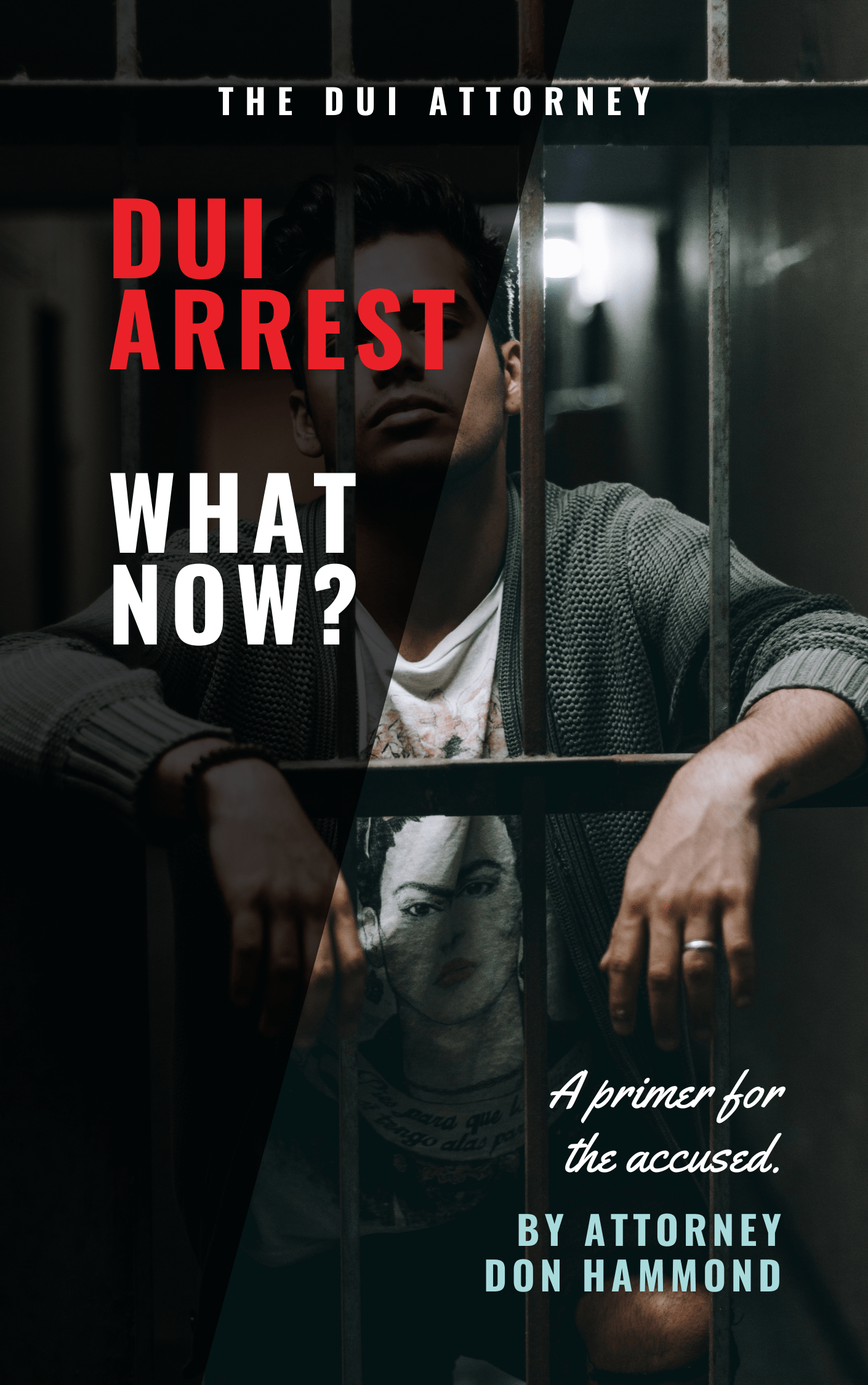
I take a person-first attitude to this subject. There are certainly some attorneys who take a legal-case-first attitude in this area. I believe that the appropriate thing to do is help connect a client with the resources they need in order to address whatever is going on in their lives. This means that it might be appropriate to connect someone with AA meetings, a therapist, or a rehabilitation program. I have connections at local sober living homes, outpatient treatment facilities, and rehab programs. I’m generally going to leave it to the professionals to identify what is appropriate for a person, but if a person is ready to get that help, then I’m going to make the right referrals to get them where they need to be.
In terms of the legal case, it can be very helpful to show that the client has taken positive steps to get their life back on track, mitigate long-term impacts, and ensure that this kind of thing isn’t going to happen again. However, if someone tells me that they don’t usually drink and it was a one-time situation, then I am not going to send them to AA meetings just in an attempt to bolster the case. In part, this is because I value my relationship with the community and various programs, and to send someone to them who doesn’t actually need their help would only degrade my relationship with them.
With that said, we could all use a little counseling. It’s certainly not going to hurt to see a therapist and talk about what may have led to the circumstances which resulted in the DUI arrest.
Are Diversion Programs Available in California DUI Cases?
There are a couple of California statutes that make diversion programs available. Very recent changes in California law have created diversion programs to guide people in getting the help they need in order to be successful and productive. For example, there are mental health diversions that can be applied to cases wherein the defendant has a mental health diagnosis, and a link between that diagnosis and the offense can be made. In addition, the defendant has to be willing to undergo treatment. This is discretionary, which means that even if the defendant meets the eligibility requirements for this diversion program, a judge could choose not to grant it.
Under the statute, an individual is given up to 24 months to complete this diversion program, but judges often grant an 18-month diversion program. After completion of the diversion program requirements, the case will be dismissed, and a motion to have the arrest record sealed can be filed.
The mental health diversion is very powerful, but having it granted requires a lot of work. In part, this is because the government is biased against diversion due to the fact that DUI offenses are prior able, and a diversion leads to no conviction, which means a DUI following a diversion would be considered a first DUI. In addition, eligibility for the mental health diversion requires an evaluation by an expert to show that there is a diagnosis and a connection between that diagnosis and the offense. Often, prosecutors will argue that while a mental health condition may have caused the person to drink, it did not cause them to drive. In response, I will point to the fact that the statute says that it has to be a substantial factor—not that it must excuse every element of the offense.
Military diversion is also available. It requires showing that PTSD or some other mental health concern arose from military service and was a substantial factor in the charged conduct, and that the defendant is willing to undergo treatment to be successful and productive. Diversions result in complete dismissals of DUI cases, and as such, I always screen my clients during the initial consultation to determine whether a diversion might be appropriate in their case.
For more information on Voluntary Counseling In A DUI Case In CA, an initial consultation is your next best step. Get the information and legal answers you are seeking by calling (323) 529-3660 today.










